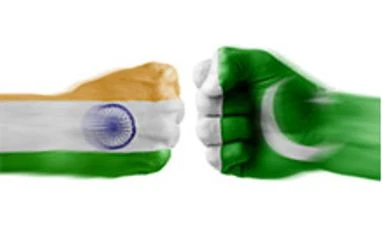The remarks by Dar, a close aide of Prime Minister Nawaz Sharif, came within days of the World Bank saying in a report that Pakistan will benefit from granting MFN status to India. Dar said in an interview with state-run PTV that granting MFN-status to India was not on the table “as our country’s own interests have to be defended first”.
He was quoted by state-run APP news agency as saying that the Pakistan government is fully committed to promote cordial relations with all neighbouring countries, including India. This includes developing meaningful economic cooperation and trade development, he said.
More From This Section
Pakistan moved from a positive list regime to a negative list regime for trade with India last year, significantly increasing the number of items that can be traded between the two sides.
However, Pakistan missed its own December 31 deadline for phasing out the negative list and giving India MFN status. The previous Pakistan People's Party-led government put the move on hold because of pressure from industrial lobbies and hardline and extremist groups like Jamaat-ud-Dawah and Defa-e-Pakistan Council. Dar's remarks indicated that the PML-N government which came to power in the May 11 election too is reluctant to act on the issue.
On August 20, the World Bank said it had put together a Country Economic Memorandum and 16 sector-specific Policy Notes for the Pakistan government to consider. “Completing the trade normalisation process with India and granting it the MFN status would help Pakistan benefit quickly from the fast growth and large markets,” it said in the report.
India granted MFN status to Pakistan way back in 1996. Under the negative list regime, Pakistan has permitted import of all but 1,200 items from India.
Bilateral trade stood at $2.35 billion in 2012-13, as against $1.93 billion in the earlier fiscal.
)